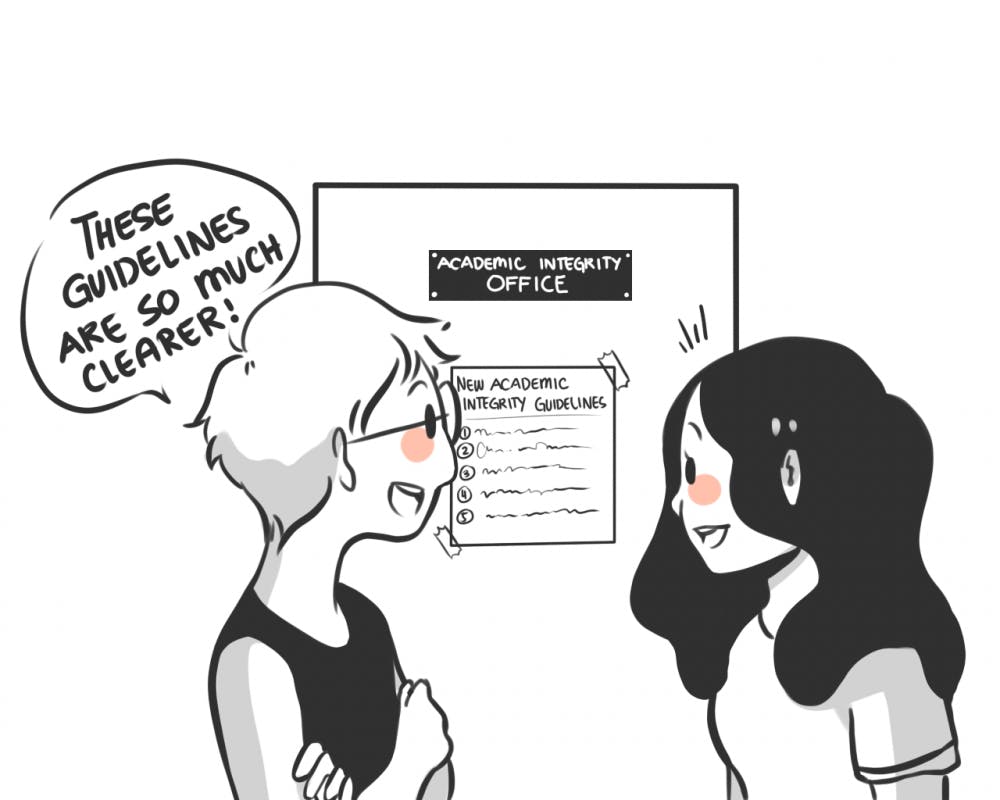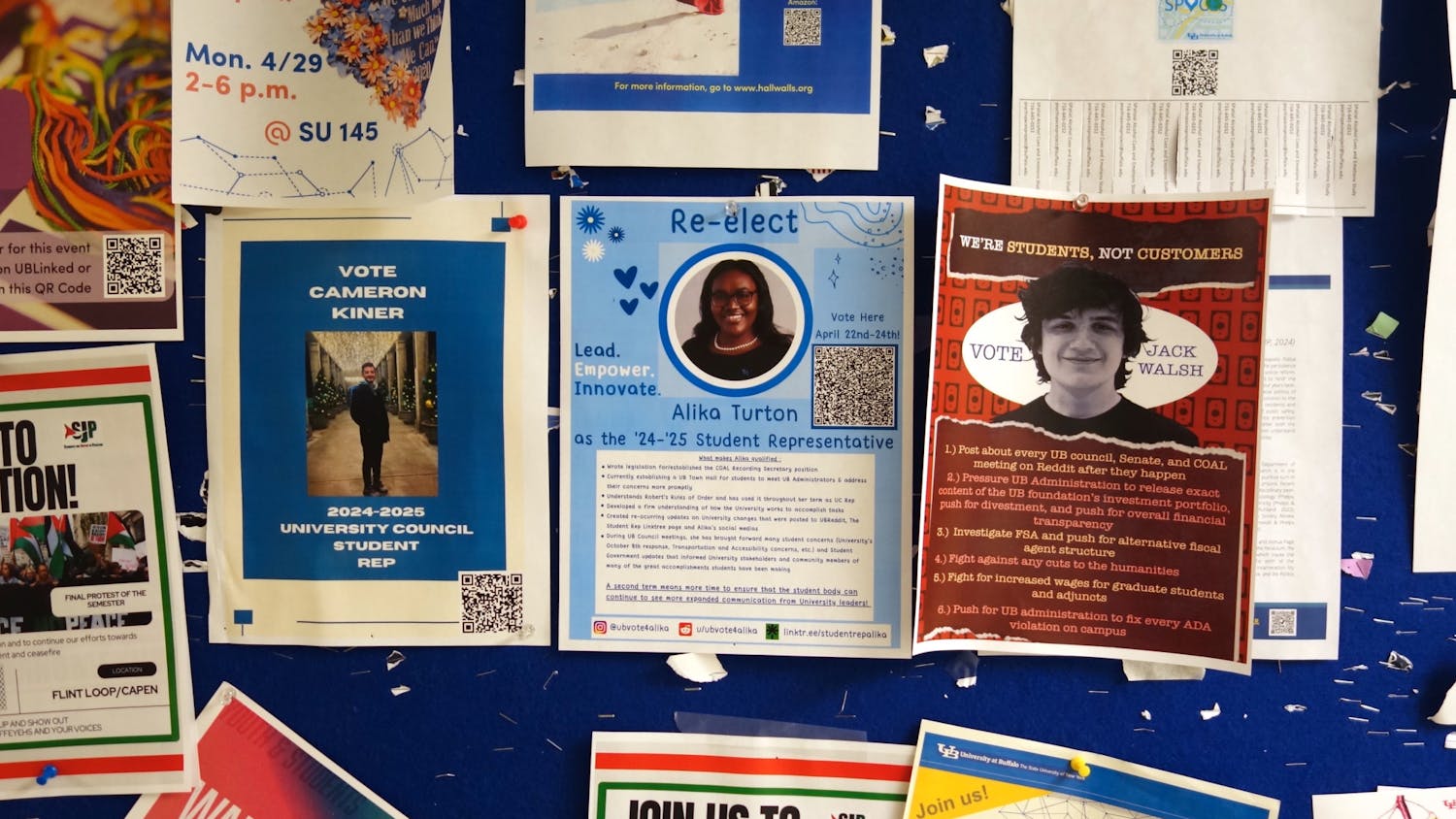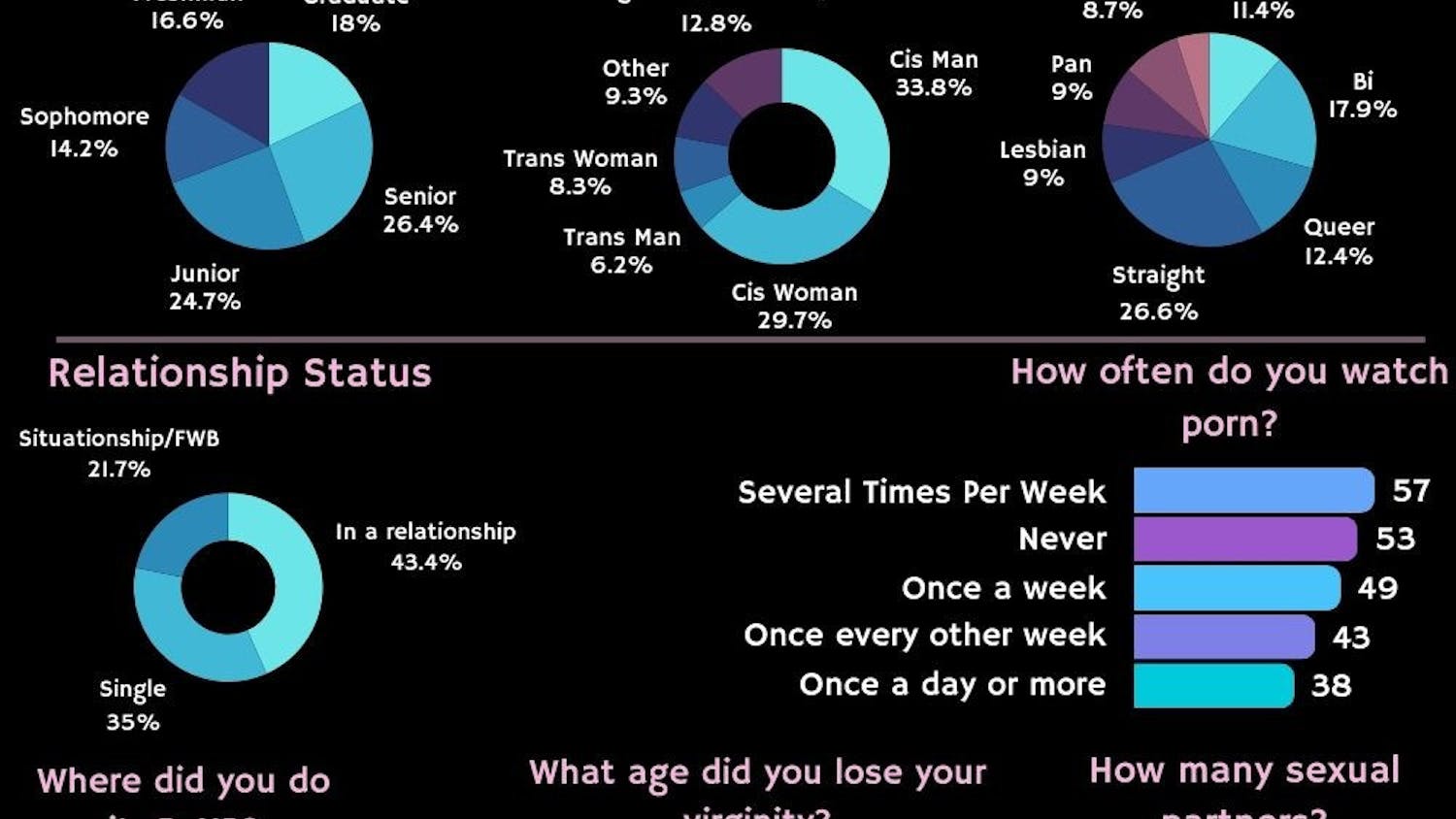A faculty committee is recommending changes to UB’s academic integrity policy following a two-year long study that found students and staff think the current academic integrity policy is inconsistent and overly harsh.
The current policy is outlined at length on UB’s website, but the wording is confusing, and specific rules and regulations are not emphasized clearly enough. You have to read through several paragraphs in order to find instructions for reporting academic dishonesty.
Punishments under the current system vary greatly. Some students get away with cheating and many others see this and think it is OK for them to cheat, too. Other times, punishment is doled out, but it is mild. In one instance, an editor said his classmate was just asked to re-do a plagiarized assignment and was not punished. Another editor said she knows a student who submitted the same paper to two classes and got away with it.
The nuances of academic dishonesty are rarely broken down and explained. Cheating is not always as obvious as students think, particularly in English courses. Inexperienced freshmen may not realize paraphrasing someone else’s ideas without proper citation or handing in an essay written for another class still qualifies as academic dishonesty.
If students are found guilty, the focus is punishment, not remediation. While students who cheat should absolutely be held accountable and face consequences, they should also be given the opportunity to learn from their mistakes to ensure they do not cheat again in the future.
More than 60 percent of respondents to the academic integrity study said they have observed or reported cases of cheating. But UB only sees an average of 150 academic integrity violations every year.
Based on these findings, faculty members are recommending the creation of a dedicated academic integrity office. The office would include a permanent committee of faculty and students who would hear all appeals and determine the appropriate response for each case of cheating.
The office would also ensure more consistency in terms of how academic dishonesty cases are handled.
Many professors do not follow up on academic dishonesty cases because the current process is time-consuming and confusing, the study found. By having the disciplinary process for academic integrity violations all in one office, it will be easier for professors to report and students will be less likely to get away with cheating.
We applaud the faculty committee for seeing a need to examine the weaknesses in the current academic integrity policy and for putting together a thorough study, which included roughly 400 faculty members and 4,000 students. We are also glad to see the process was student-centric, with thousands of students given the opportunity to weigh-in on the issue.
The new proposal shows what is possible when the administration listens to student and faculty concerns, and takes concrete steps to address pressing problems on campus. It shows change is possible if it is advocated for.
We hope to see the trend continue.
Opinion desk can be reached at opinion@ubspectrum.com.





